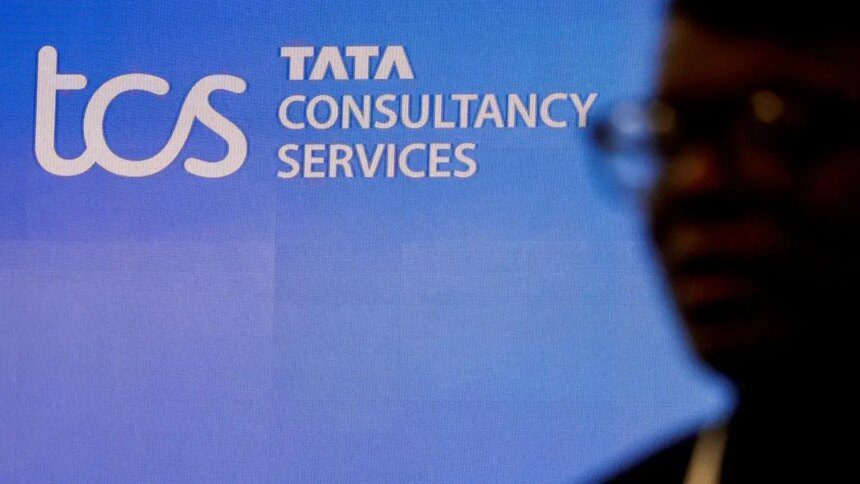Indian equity traders are facing challenges as they prepare for another round of tariff implications from US President Donald Trump, this time aimed at branded pharmaceuticals. This development is particularly significant for major US-focused companies like Sun Pharma and Biocon, which are grappling with issues similar to those faced by software exporters impacted by US visa policies. A downturn in the Nifty index could represent the first weekly decline in a month, prompting investors to closely observe the market debuts of Saatvik Green Energy and GK Energy.
In a notable shift within India’s financial markets, the Bombay Stock Exchange (BSE) has outperformed its larger rival, the National Stock Exchange (NSE), due to an unexpected crackdown on options trading. Since July, the BSE has captured over half of the premium turnover on expiry days, an increase from 35% in April, after its contracts were moved to Thursdays, a time previously dominated by the NSE. Although the NSE still maintains a commanding position in overall derivatives trading, it has experienced a loss in market share on expiry days amid a decrease in turnover. Analysts suggest that traders are beginning to view Sensex options as “event contracts,” providing the BSE with rare momentum in a market where the NSE had previously held a monopoly. The sustainability of this momentum remains an important question.
Despite the BSE’s resurgence in derivatives, the NSE continues to expand its user base. On September 23, it was reported that the NSE had surpassed 120 million unique registered users, ahead of its anticipated initial public offering (IPO). This growth trajectory is compelling; it took the NSE 25 years to reach 40 million investors by March 2021, but it has since gained an additional ten million users every six to seven months. This trend signals a rapid evolution in India’s equity culture, with the median age of investors dropping from 38 to 33 over the past five years.
Analysts at HSBC are reassessing India’s position in the global market context. They argue that India is becoming increasingly appealing relative to its regional counterparts as valuations decline. Contrary to common assumptions, HSBC asserts that Indian and Chinese stocks could experience simultaneous rallies, as both markets are largely propelled by domestic investors with minimal foreign involvement. While issues like earnings downgrades and tariffs continue to pose risks, much of this potential downturn appears to be factored into current pricing. Consequently, HSBC has adopted an overweight stance on Indian equities.
In a separate but notable development, Tata Consultancy Services Ltd., once emblematic of India’s technological achievements, has encountered significant hurdles as the sector grapples with growing challenges. On Thursday, TCS shares fell to their lowest point since March 2021, having declined by 28% this year, which has led to a loss exceeding $50 billion in market value. The recent increase in US visa fees has exacerbated the difficulties faced by the industry, leaving little indication of imminent relief.










